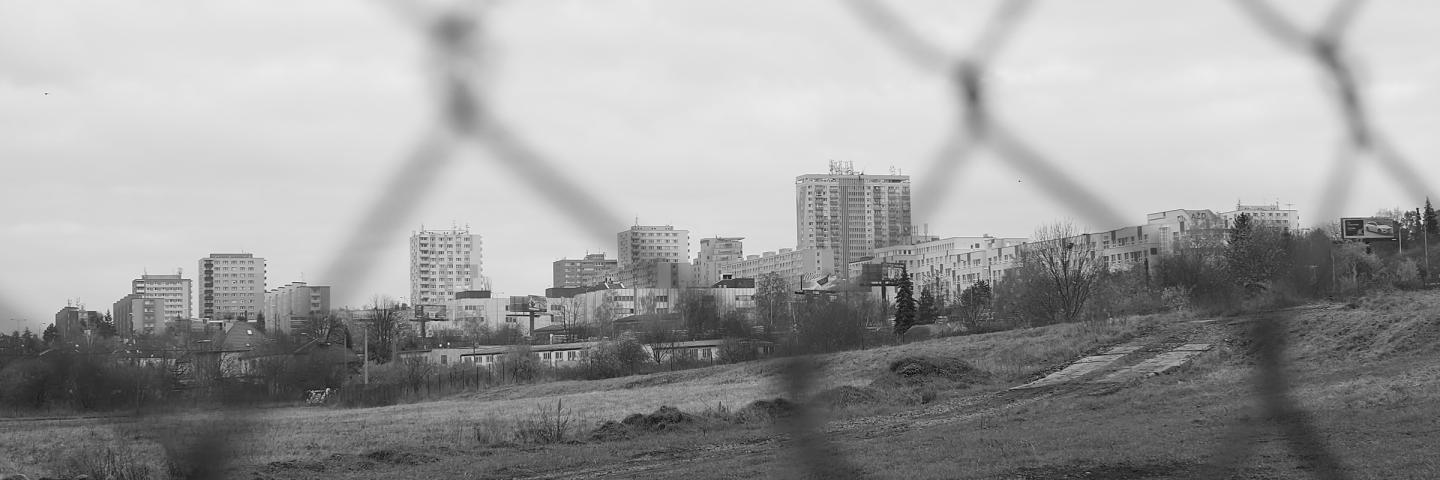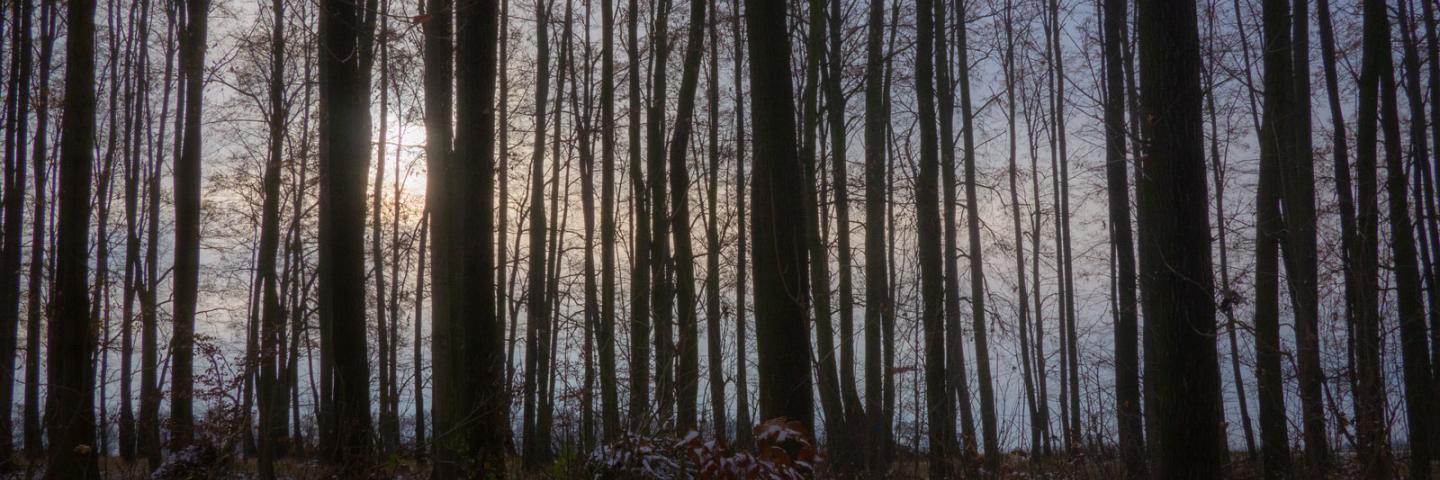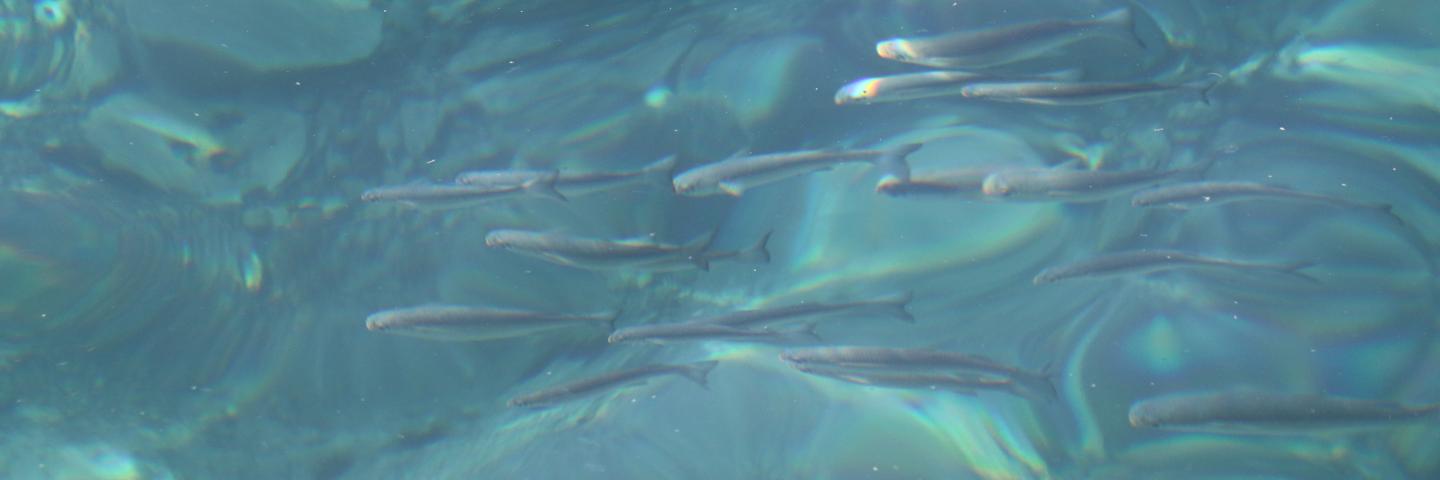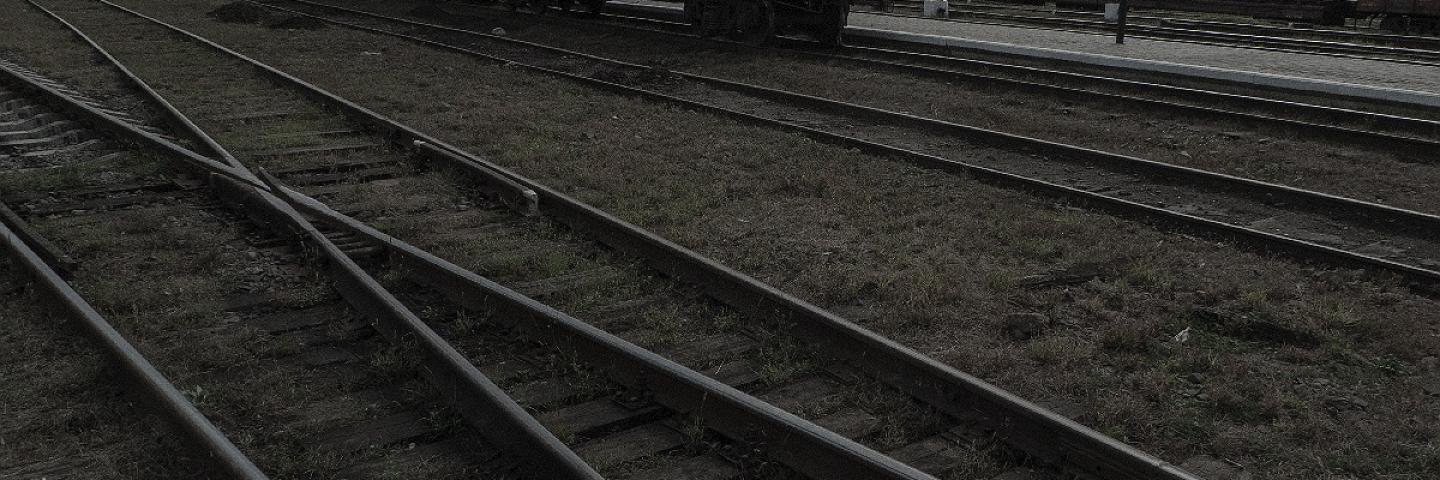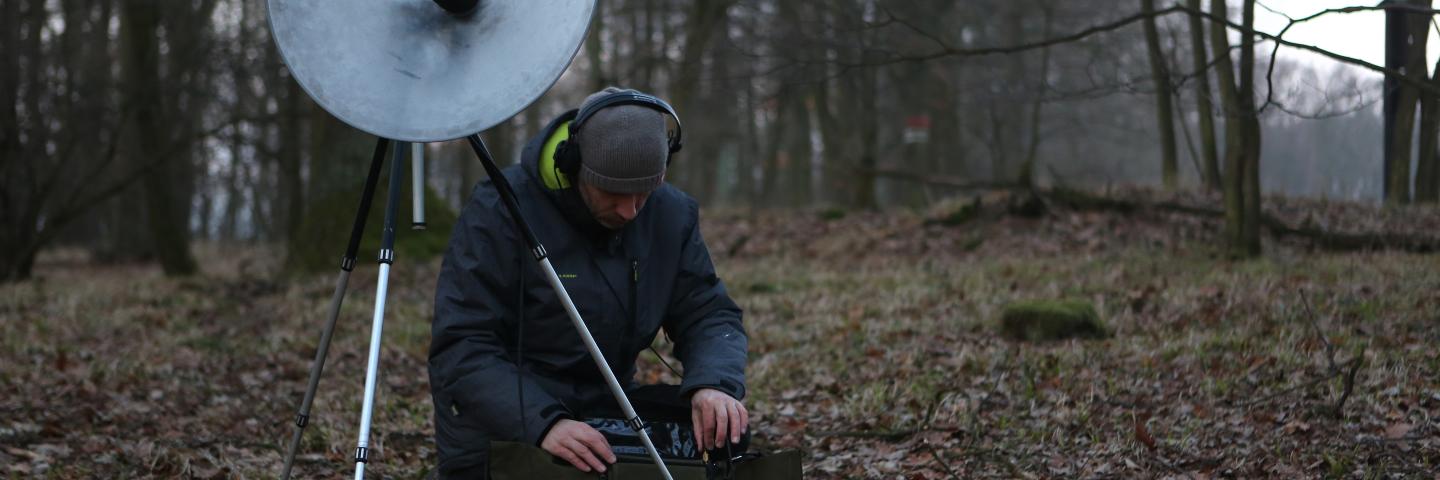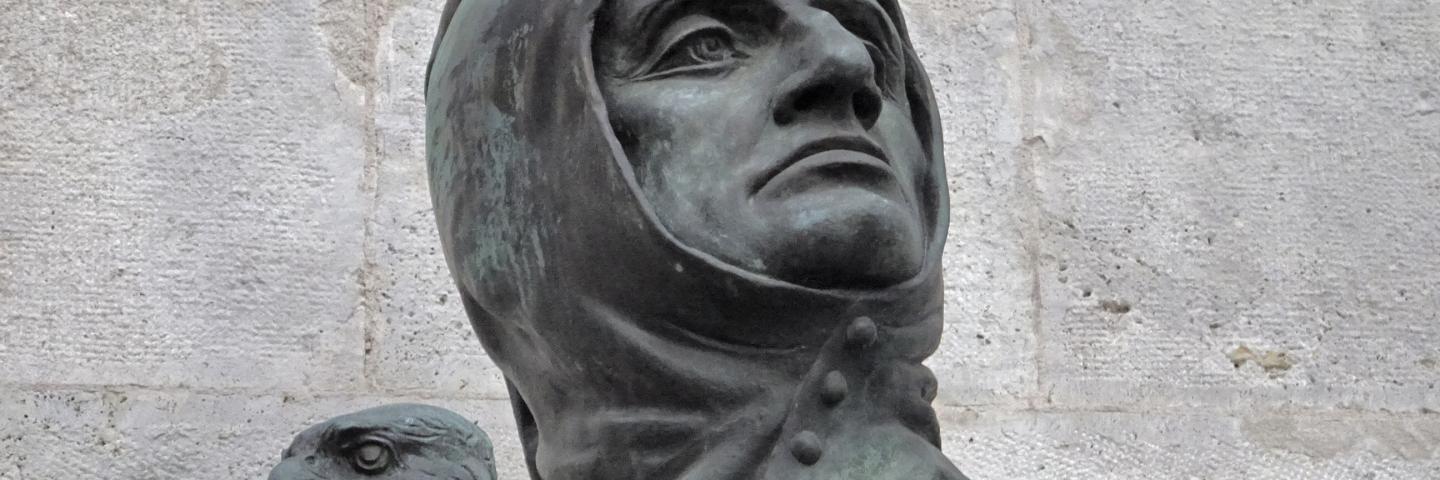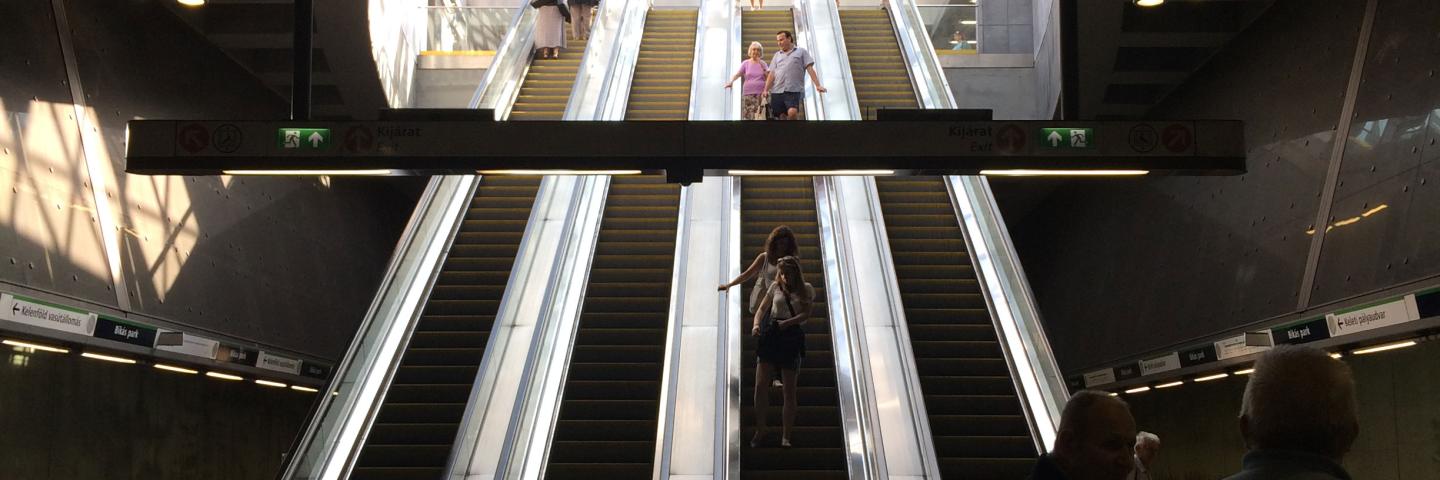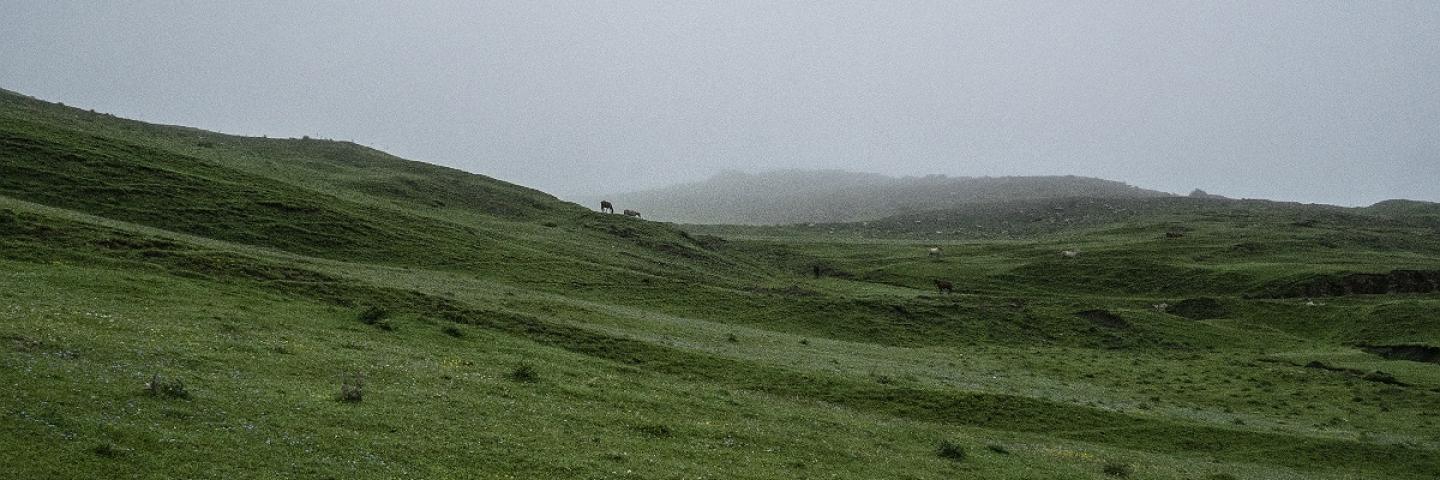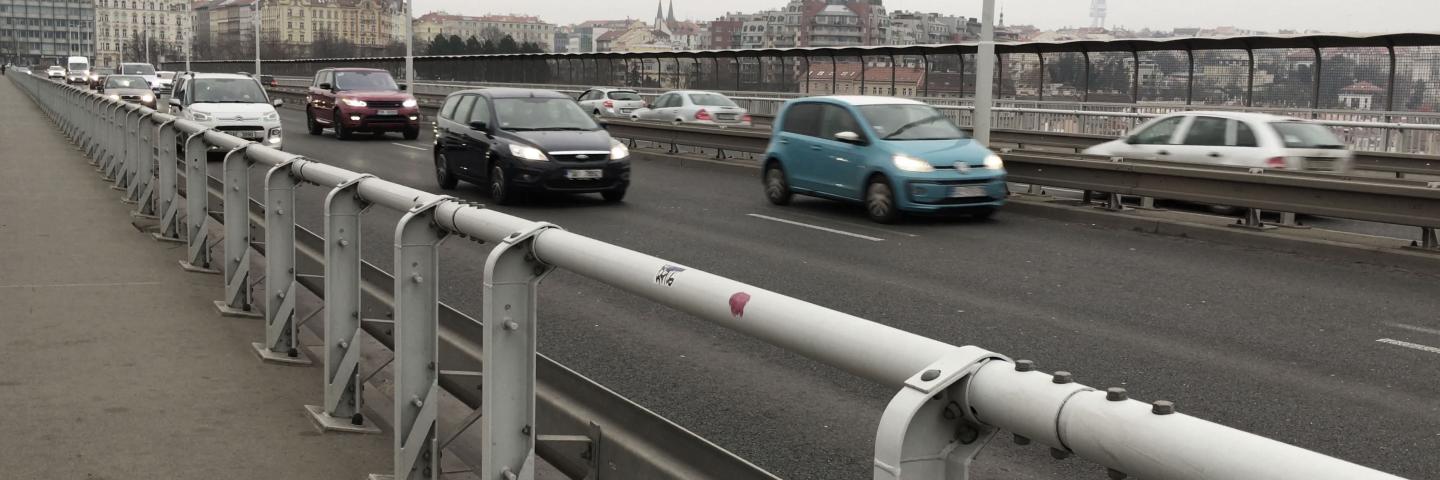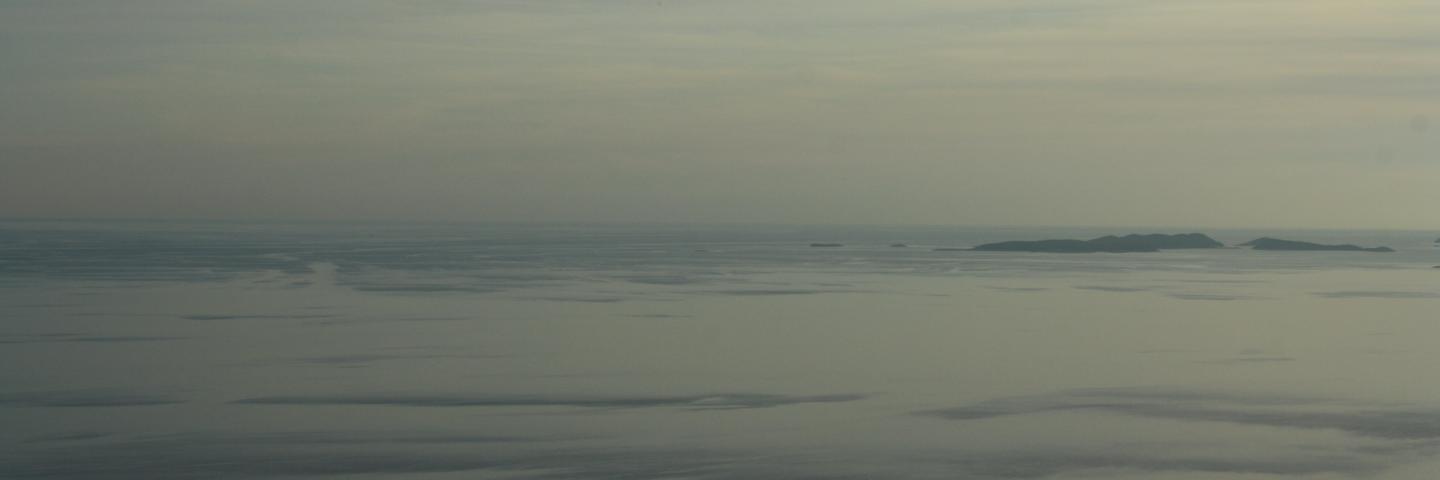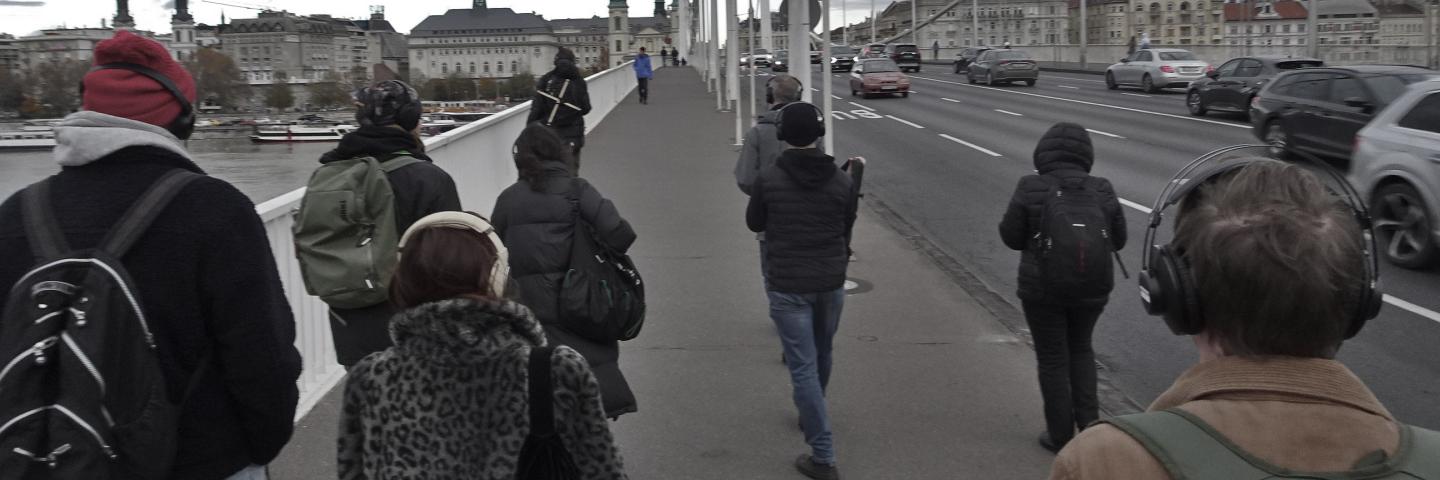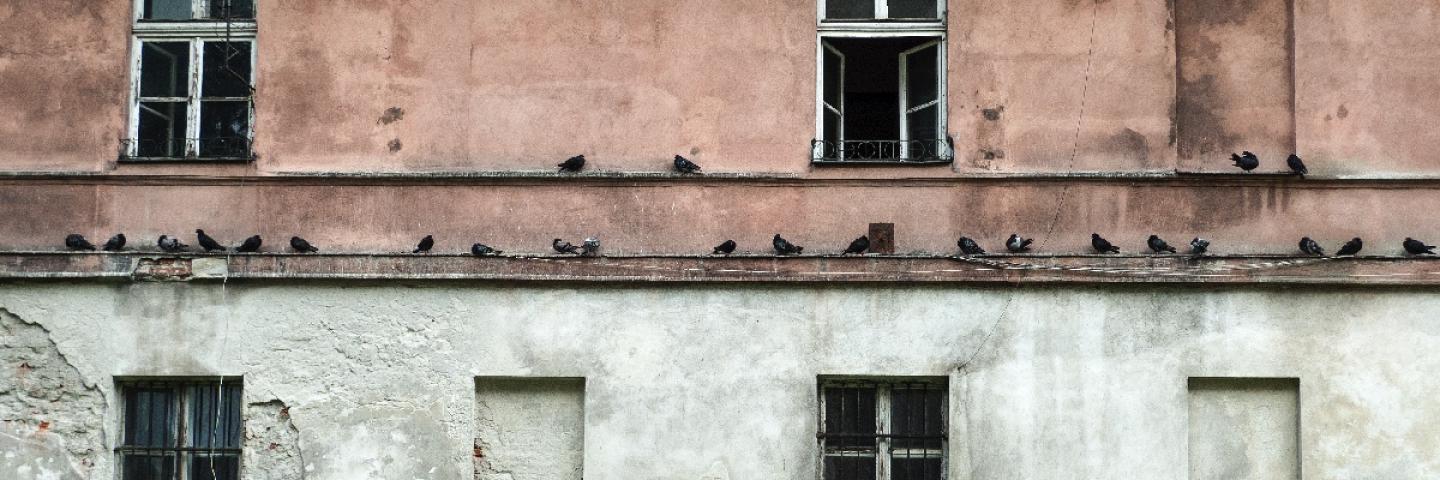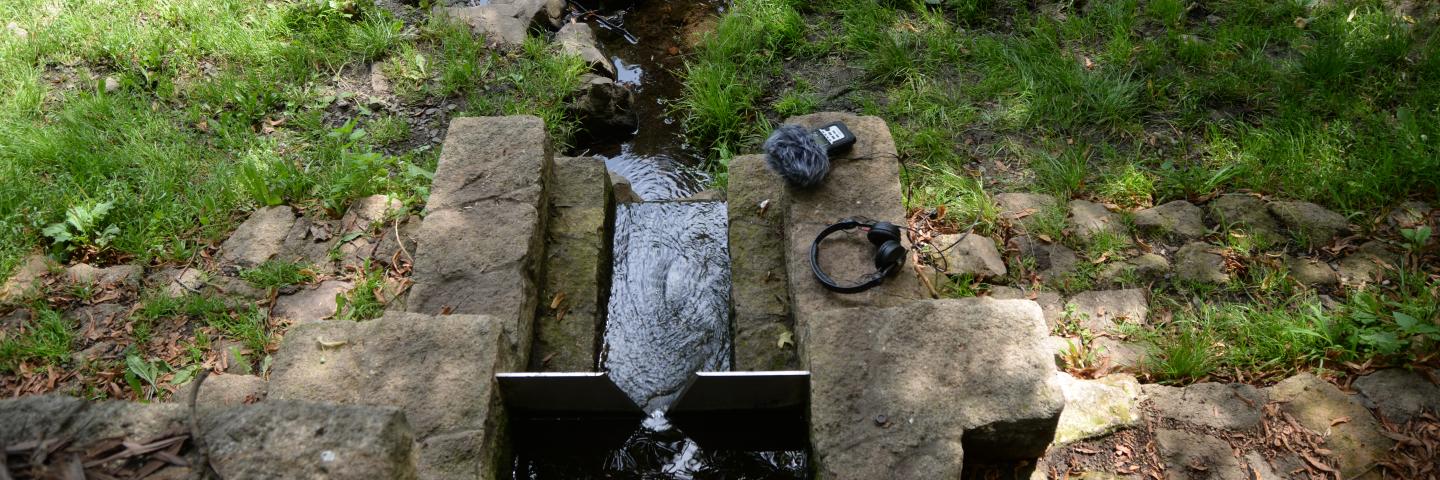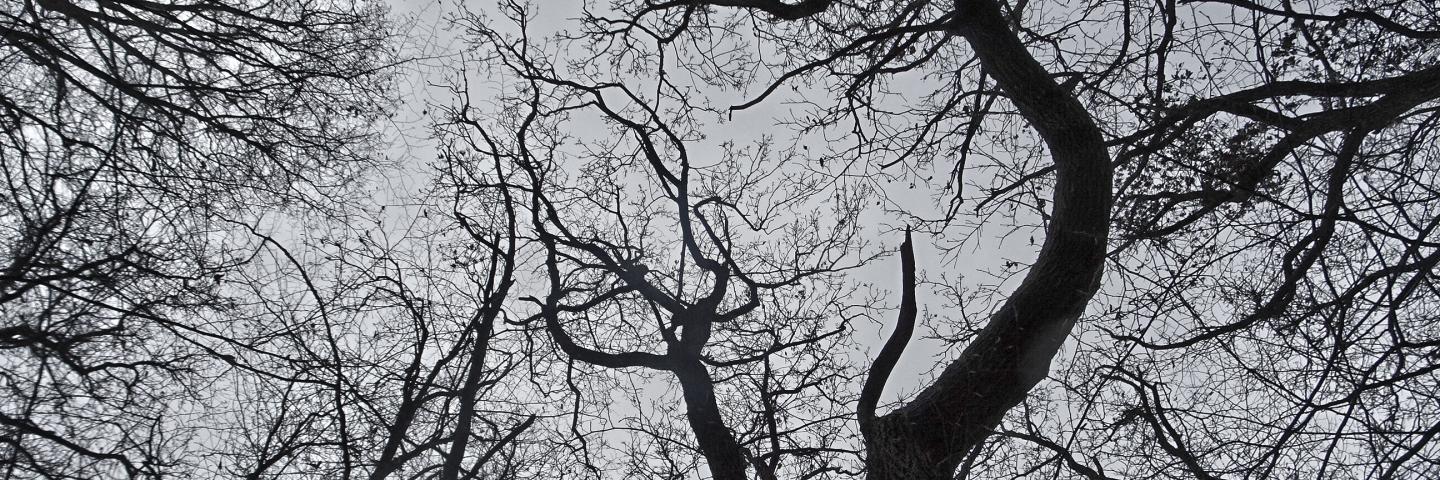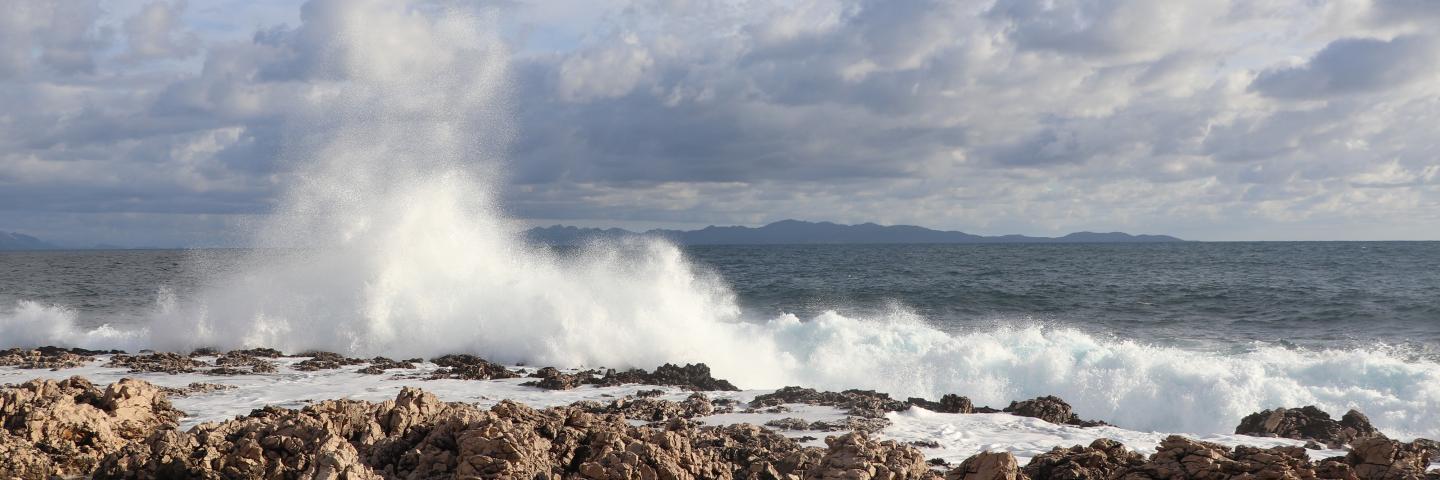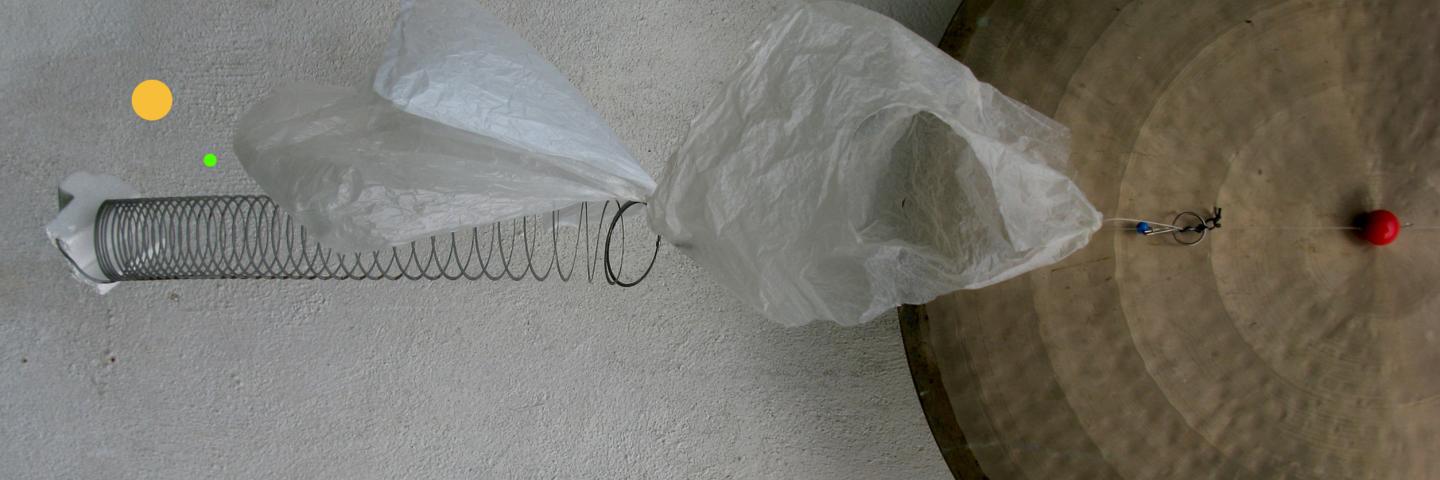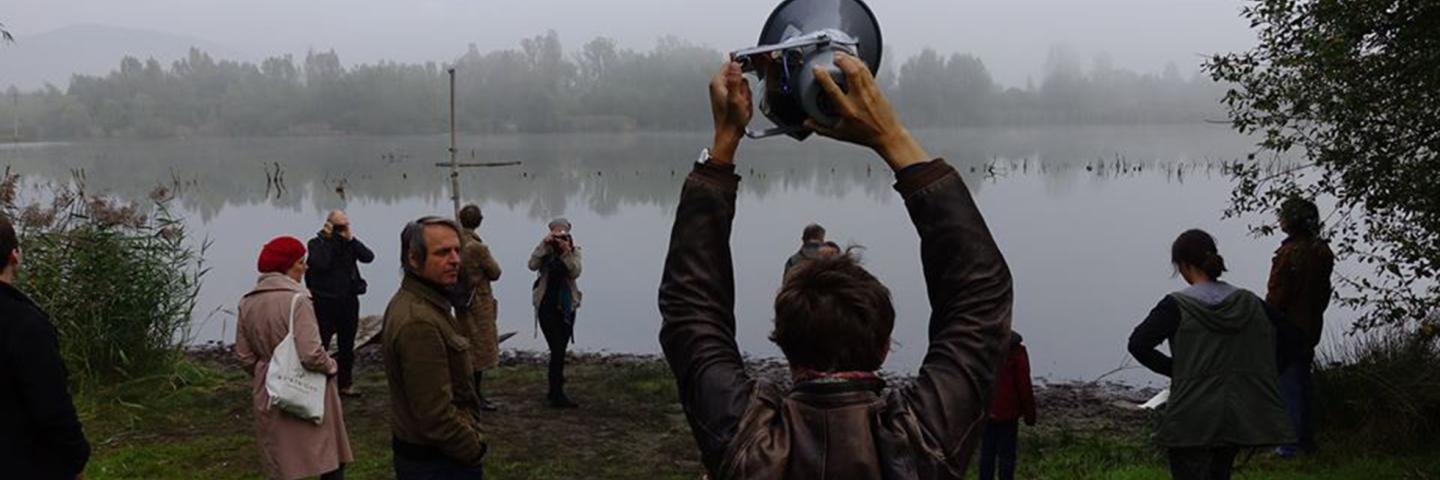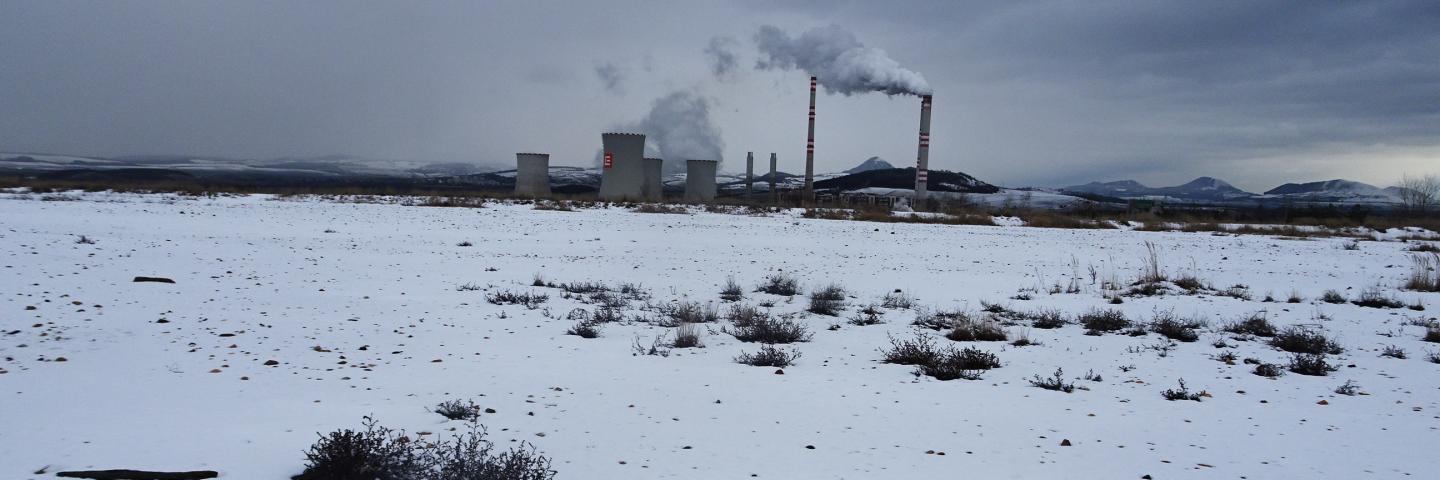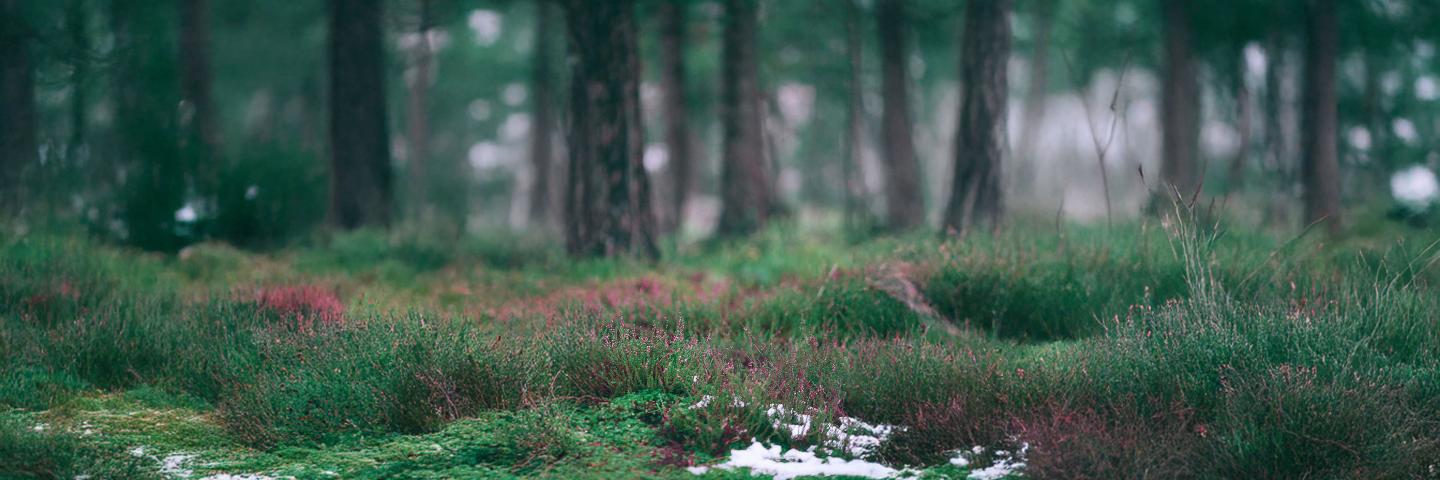Timothy Morton
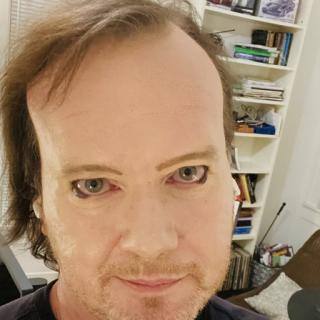
Timothy Morton (born 1968) is Rita Shea Guffey Chair in English at Rice University. They have collaborated with Laurie Anderson, Björk, Jennifer Walshe, Hrafnhildur Arnadottir, Sabrina Scott, Adam McKay, Jeff Bridges, Justin Guariglia, Olafur Eliasson, and Pharrell Williams. Morton co-wrote and appears in Living in the Future’s Past, a 2018 film about global warming with Jeff Bridges. They are the author of the libretto for the opera Time Time Time by Jennifer Walshe. Morton has written Hyposubjects: On Becoming Human (Open Humanities, 2021), All Art Is Ecological (Penguin, 2021), Spacecraft (Bloomsbury, 2021), Being Ecological (Penguin, 2018), Humankind: Solidarity with Nonhuman People (Verso, 2017), Dark Ecology: For a Logic of Future Coexistence (Columbia, 2016), Nothing: Three Inquiries in Buddhism (Chicago, 2015), Hyperobjects: Philosophy and Ecology after the End of the World (Minnesota, 2013), Realist Magic: Objects, Ontology, Causality (Open Humanities, 2013), The Ecological Thought (Harvard, 2010), Ecology without Nature (Harvard, 2007), 8 other books and 250 essays on philosophy, ecology, literature, music, art, architecture, design and food. Morton’s work has been translated into 10 languages. In 2014 they gave the Wellek Lectures in Theory.
One of the things that modern society has damaged has been thinking. Unfortunately, one of the damaged ideas is that of Nature itself. How do we transition from seeing what we call “Nature” as an object “over there”? And how do we avoid “new and improved” versions that end up doing much the same thing (embeddedness, flow and so on), just in a “cooler,” more sophisticated way? When you realize that everything is interconnected, you can't hold on to a concept of a single, solid, present-at-hand thing “over there” called Nature.
